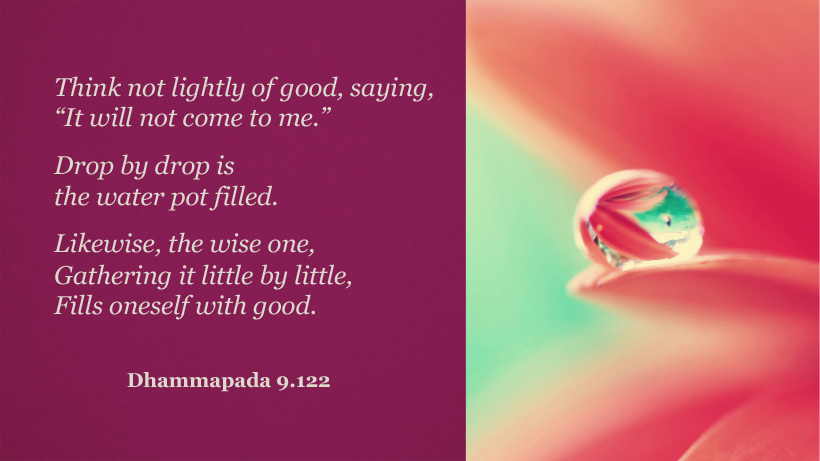Download the PDF of this Slide Set here.

Educating Mindful Minds 2018: Slide set
Unshakable Core: Growing the Inner Strengths of Resilient Well-Being
Educating Mindful Minds, New York
April 2018 | Rick Hanson, Ph.D.
1
Resilience and Well-Being
Resilience is the capacity to recover from adversity and pursue your goals despite challenges.
It helps you survive the worst day of your life and thrive every day of your life.
2
Lasting well-being in a changing world requires resilience.
Resilience requires mental resources.
3
Some Mental Resources
Executive Functions
Character Strengths
Secure Attachment
Positive Emotions
Interpersonal Skills
Patience, Determination, Grit
4
The harder a person’s life, the more challenges one has, the less the outer world is helping – the more important it is to have mental resources.
5
Toxic Stress Impairs Mental Resources
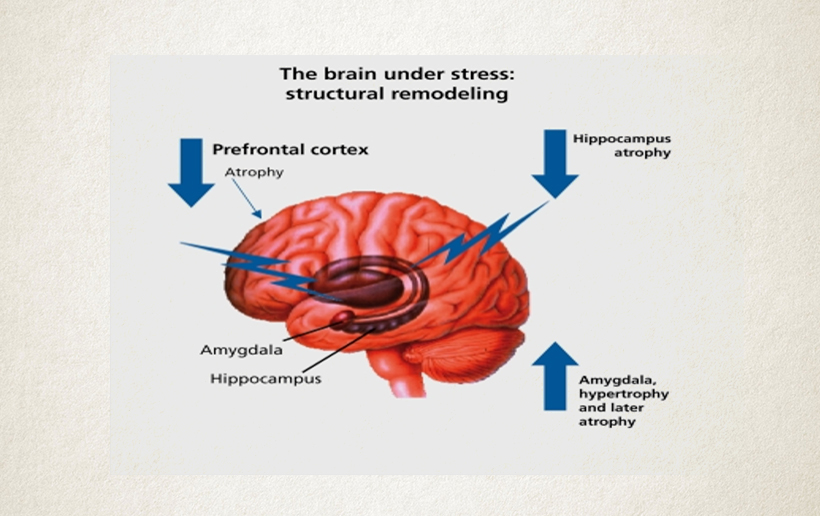

This accumulation of allostatic load is intensified by the brain’s negativity bias.
8
The Negativity Bias
As the nervous system evolved, avoiding “sticks” was usually more consequential than getting “carrots.”
1. So we scan for bad news,
2. Over-focus on it,
3. Over-react to it,
4. Turn it quickly into (implicit memory),
5. Sensitize the brain to the negative, and
6. Create vicious cycles with others.
9
Velcro fo the Bad, Teflon for the Good
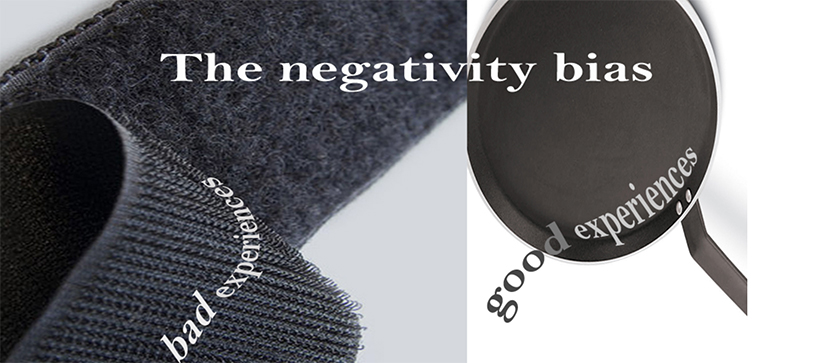
The Negativity Bias

Mental resources are good, period, plus they’re eroded by the stresses we need them for.
So, how do we get them?
People focus on identifying and using resources such as character strengths – but what about developing them in the first place?.
12
Which Means Changing the Brain for the Better
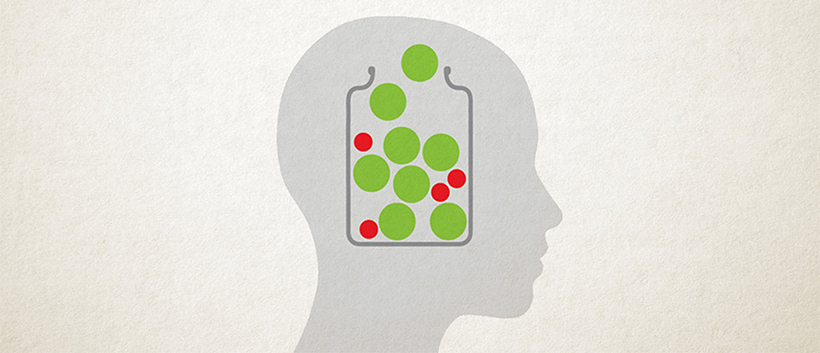
Half or more of the variation in psychological attributes, including mental resources, is due to non-heritable factors.
This means there are large individual differences in the acquisition of mental resources.
14
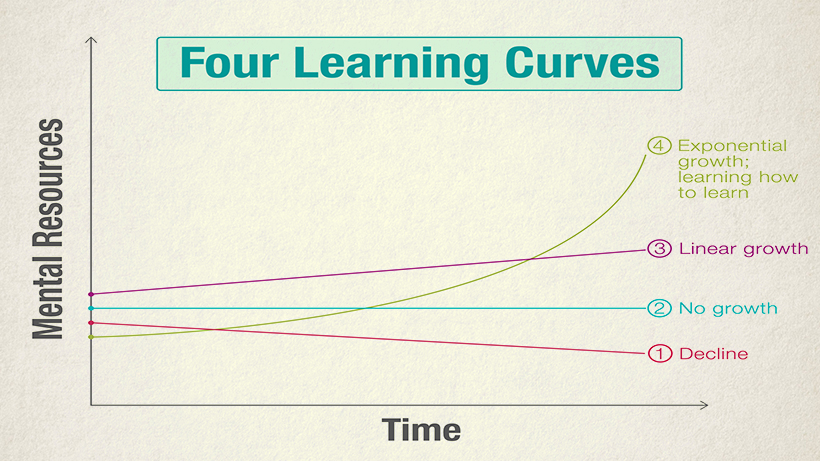
What can people do to steepen their growth curves?
16
Mental resources are acquired in two stages:
Encoding > Consolidation
Activation > Installation
State > Trait
17
We become more compassionate by repeatedly installing experiences of compassion.
We become more grateful by repeatedly installing experiences of gratitude.
We become more mindful by repeatedly installing experiences of mindfulness.
18
Experiencing doesn’t equal learning.
Activation without installation may be pleasant, but no trait resources are acquired.
What fraction of our beneficial mental states leads to lasting changes in neural structure or function?
19
We tend to focus on activation more than installation.
This reduces the gains from psychotherapy, coaching, human resources training, mindfulness programs, and self-help activities.
20
How can we increase the conversion rate from positive states to beneficial traits?
What learning factors could improve installation?
21
Learning Factors
Environmental – setting, social, support
Behavioral – activities, repetition
Mental – motivation, engagement
22
Types of Mental Learning Factors
Contextual
Openness
Mindfulness
View of positive experience
Growth mindset
Self-efficacy
Self-esteem
Feeling supported
Sense of safety
Engagement
Personal relevance
Alertness, sense of novelty
Arousal, enactment
Sense of reward
Emotion
Granularity of attention
Interoception
Maintenance, repetition
Meaning, elaboration
Educators have systematically focused on mental factors of academic learning, including teaching them explicitly.
Therapists, coaches, trainers, etc. have generally not systematically focused on mental factors of social, emotional, and somatic learning – and rarely teach these explicitly.
24
Benefits of Mental Learning Factors
Benefits of both types of factors:
- Increase learning from the present experience
- Prime NS for future beneficial experiences
- Heighten consolidation of past experiences
Engagement factors have additional benefits:
- Regulate experience directly
- Increase initial processes of consolidation
- Are under volitional control
25
Turning States into Traits: HEAL
Activation
1. Have a beneficial experience
Installation
2. Enrich the experience
3. Absorb the experience
4. Link positive and negative material (optional)
26
Have a Beneficial Experience

Enrich It

Absorb It

Link Positive & Negative Material

Have It, Enjoy It

It’s Good to Take in the Good
Develops psychological resources:
- General – resilience, positive mood, feeling loved
- Specific – matched to challenges, wounds, deficits
Has built-in, implicit benefits:
- Training attention and executive functions
- Being active rather than passive
- Treating oneself kindly, that one matters
May sensitize brain to the positive
Fuels positive cycles with others
32

Learning is the strength of strengths, since it’s the one we use to grow the rest of them.
Knowing how to learn the things that are important to you could be the greatest strength of all.
34
Growing Key Resources
Resilience is required for challenges to our needs.
Understanding the need that is challenged helps us identify, grow, and use the specific mental resource(s) that are best matched to it.
35
Our Three Fundamental Needs
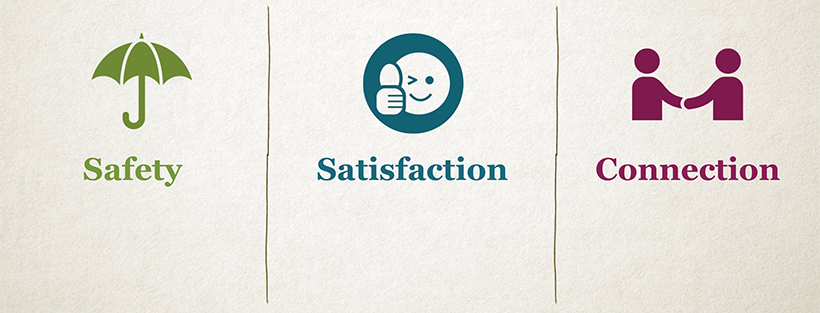
Meeting Our Three Fundamental Needs
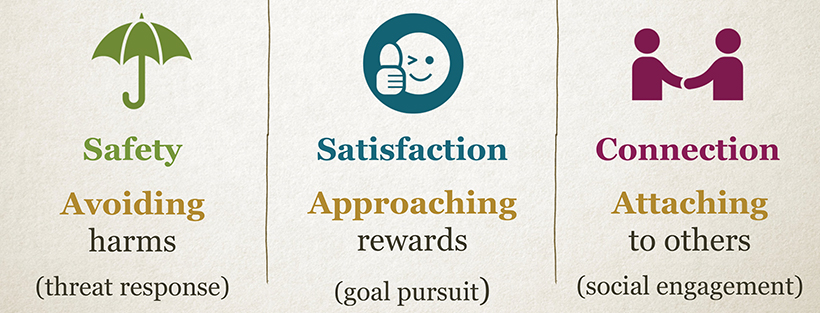
The Evolving Brain
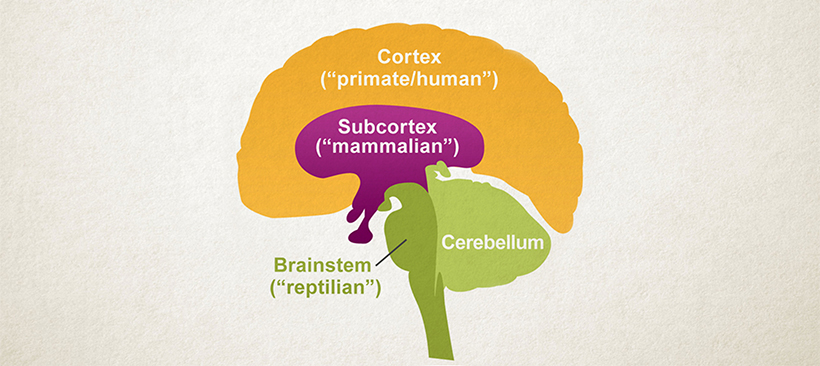
What – if it were more present in the mind of a person – would really help?
How could a person have and install more experiences of these mental resources?
39
Matching Resources to Needs
Safety
See actual threats
See resources
Grit, fortitude
Feel protected
Alright right now
Relaxation
Calm
Peace
Satisfaction
Gratitude
Gladness
Feel Successful
Healthy pleasures
Impulse Control
Aspiration
Enthusiasm
Contentment
Connection
Empathy
Compassion
Kindness
Widen circle of “us”
Assertiveness
Self-worth
Confidence
Love
As people acquire resources for a particular need, the mental/neural systems that manage this need are able to do so without toxic stress – and with the positive thoughts and feelings of capable coping.
41
More generally, people commonly experience an underlying sense of deficit and disturbance that produces the “craving” – broadly defined – which causes suffering and harm.
Internalizing experiences of needs met builds up a sense of fullness and balance – so we can meet the next moment and its challenges feeling already strong, happy, compassionate, and at peace.
42
Pet the Lizard
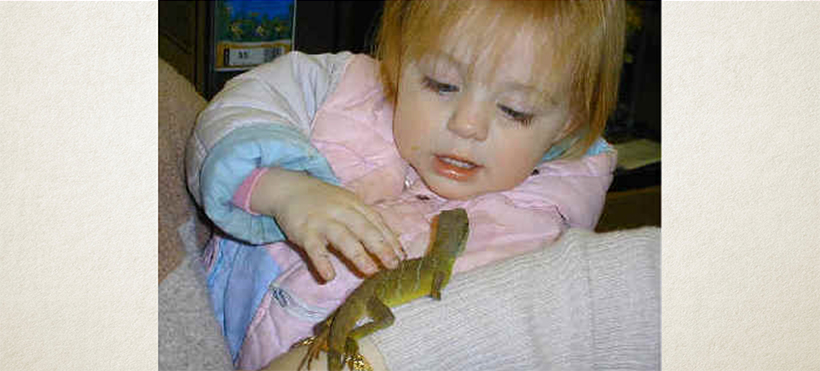
Feed the Mouse

Hug the Monkey
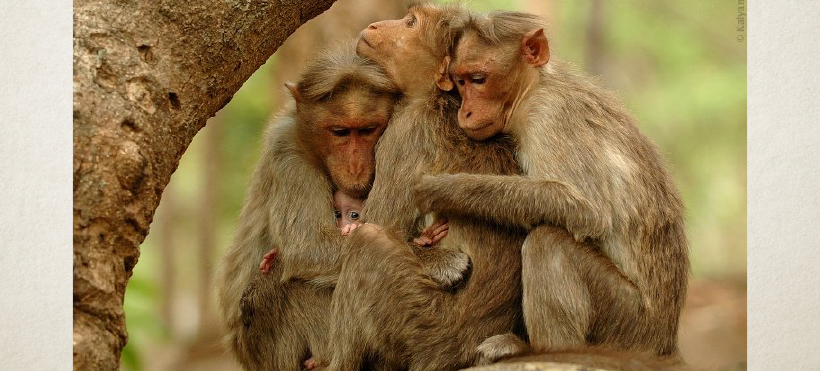
Coming Home
Peace
Contentment
Love
46
As they grow an unshakable core of peace, contentment, and love, people become less vulnerable to the classic manipulations of fear and anger, greed and possessiveness, and “us” against “them” conflicts.
Which has big implications for our world.
47
